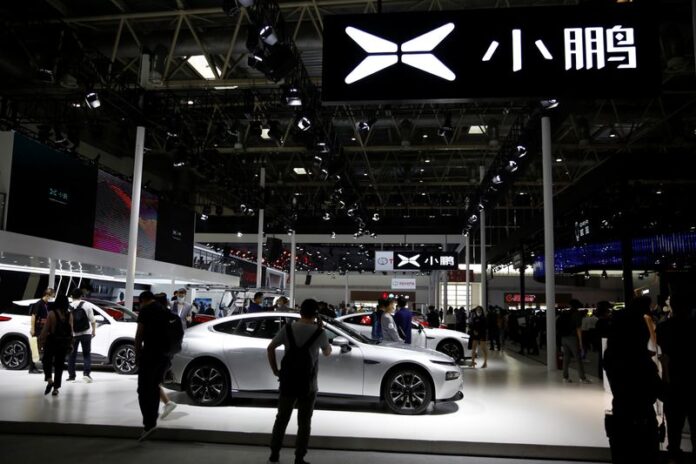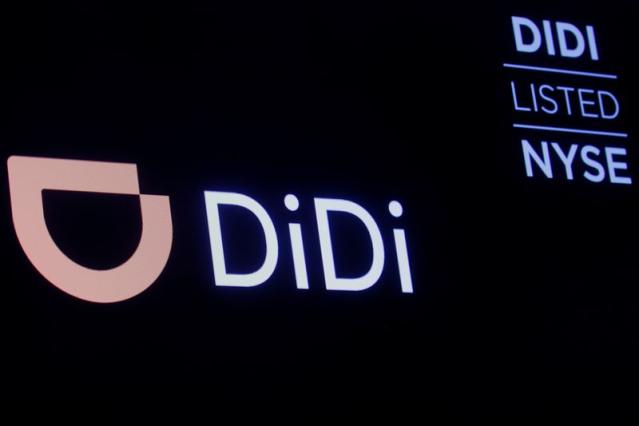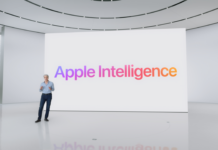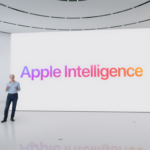In a significant move, Chinese electric vehicle startup Xpeng has acquired the smart EV assets of ride-hailing giant Didi for $744 million. This partnership marks another strategic alliance for Xpeng, which aims to promote the global application of smart electric vehicles and technologies. The Didi assets will be rebranded as “Mona” under Xpeng and are set to launch in 2024. This acquisition comes shortly after Volkswagen’s $700 million investment in Xpeng, demonstrating the company’s mass-market ambitions. By teaming up with Didi, Xpeng hopes to tap into the vast user base of the ride-hailing platform and expand its reach both domestically and internationally. The potential integration of Mona models into Didi’s platform could give Xpeng a boost in brand exposure and business opportunities. As this partnership develops, the question remains whether Didi and Xpeng will collaborate in the autonomous vehicle sector, leveraging Didi’s vast driving data to enhance Xpeng’s autonomous driving algorithms.
Xpeng acquires Didi’s smart EV assets for $744M
Chinese electric vehicle manufacturer, Xpeng, has made a significant move in the industry by acquiring the smart electric vehicle (EV) assets of ride-hailing giant, Didi, for $744 million. This partnership between the two companies aims to promote the global application of smart EVs and technologies. As part of the deal, Didi’s assets will become a new sub-brand under Xpeng called “Mona,” which is set to launch in 2024. The partnership also extends to areas such as marketing, financial insurance services, charging, and international expansion.
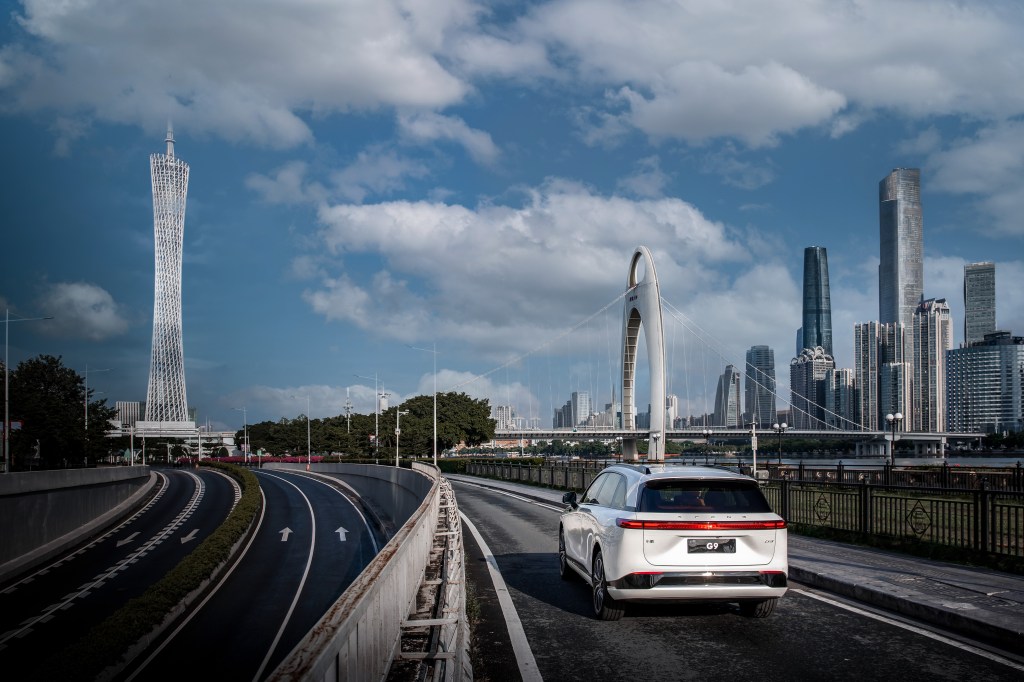
Didi and Xpeng form a strategic partnership
The acquisition of Didi’s smart EV assets by Xpeng signifies a strategic partnership between the two companies. By joining forces, they aim to drive the adoption of smart EVs and technologies on a global scale. This partnership not only involves the integration of Didi’s assets into Xpeng’s business but also includes collaborations in marketing, financial insurance services, charging infrastructure, and international expansion efforts.
Didi’s assets become a new sub-brand under Xpeng
Under the strategic partnership, Didi’s smart EV assets will be rebranded as “Mona” and incorporated as a new sub-brand under Xpeng. This move allows Xpeng to leverage the existing brand recognition and customer base of Didi to further expand its reach in the market. By integrating Didi’s assets under the Mona sub-brand, Xpeng aims to strengthen its position in the smart EV market and attract a broader range of customers.
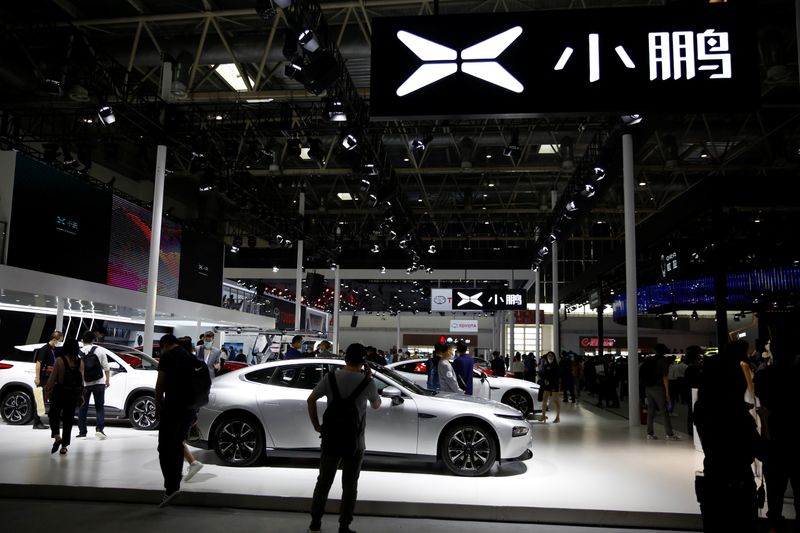
Partnership extends to areas including marketing, financial insurance services, charging, and international expansion
The partnership between Xpeng and Didi goes beyond the acquisition of smart EV assets. It encompasses several other areas of collaboration, including marketing, financial insurance services, charging infrastructure, and international expansion efforts. By combining their expertise and resources, Xpeng and Didi aim to create a comprehensive ecosystem for smart EVs, providing customers with a seamless experience from purchasing to charging and maintenance.
Volkswagen’s investment in Xpeng
In addition to the partnership with Didi, Xpeng has also secured a significant investment from Volkswagen. The $700 million investment is expected to result in the production of two new models under the Volkswagen brand, utilizing Xpeng’s key Advanced Driver Assistance Systems (ADAS) technologies. This partnership further strengthens Xpeng’s position in the EV market and opens up new opportunities for collaboration with one of the world’s leading automotive manufacturers.
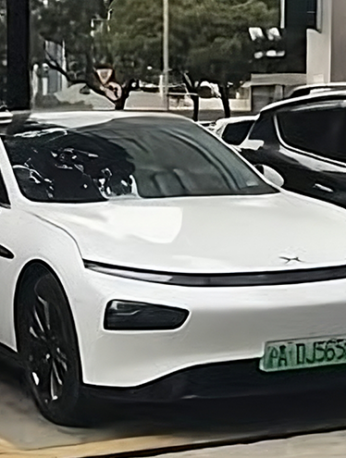
Xpeng’s limited EV adoption
Despite its efforts in research and development, Xpeng’s EV adoption has been relatively limited, accounting for only 2.1% of China’s new energy vehicle market in 2022. However, through its partnership with Didi, Xpeng has the potential to tap into the vast user base of Didi’s ride-hailing platform. With 587 million active users recorded by Didi in the 12 months leading up to Q1 2023, Xpeng has the opportunity to expose its vehicles to a much larger audience and increase its market share.
Benefits of partnership with Didi for Xpeng’s mass market ambitions
Partnering with Didi offers several benefits for Xpeng’s mass market ambitions. By integrating its vehicles into Didi’s ride-hailing platform, Xpeng can reach a wider audience and increase brand exposure. This partnership also opens up opportunities for business leads and expansion into new international markets through Didi’s existing footprint beyond China. With Didi’s acquisition of the Brazilian ride-share company 99, Xpeng can tap into the Latin American market and explore further growth opportunities in the region.
Didi’s reach beyond China
Didi’s presence extends beyond China, thanks to its acquisition of the Brazilian ride-share company 99 in 2018. This expansion has given Didi a foothold in the Latin American market, allowing it to tap into a new customer base. Xpeng acknowledges the potential for international expansion through its partnership with Didi, as it can leverage Didi’s platform to reach customers in new international markets. This collaboration opens up possibilities for Xpeng to explore business opportunities outside of China and establish a global presence.
Didi’s carmaking partnerships
Similar to its global ride-hailing counterparts like Uber, Didi has formed partnerships with major auto original equipment manufacturers (OEMs) over the years. One notable partnership is with Volvo, in which Didi agreed to supply autonomous driving technology to power robotaxi fleets supplied by the manufacturer. However, by shedding its smart car business and divesting its EV assets to Xpeng, Didi has given up a part of its carmaking ambitions. This decision allows Didi to focus on strengthening its dominance in China’s ride-hailing market while leveraging the expertise of Xpeng in the EV industry.
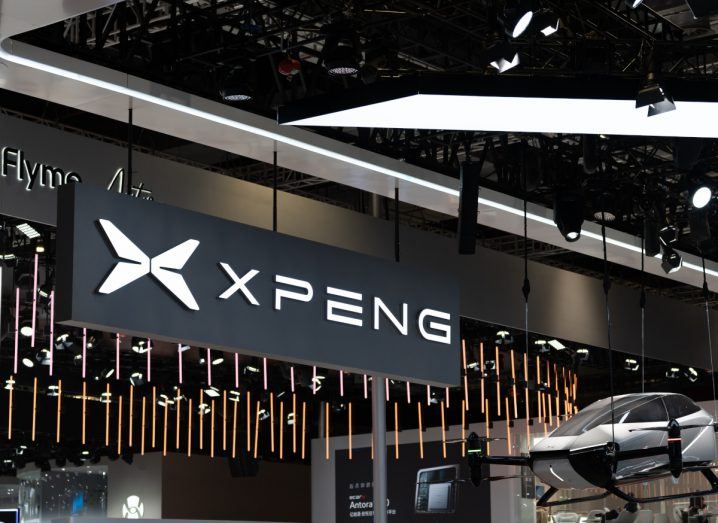
Didi shedding its smart car business
The move by Didi to divest its smart car business and sell its EV assets to Xpeng aligns with its current priorities. Following a series of regulatory crackdowns, Didi’s focus is on solidifying its position in China’s ride-hailing market rather than continuing to invest in and sustain a money-hemorrhaging EV business. By selling its EV assets to a trusted industry partner like Xpeng, Didi can streamline its operations and reduce the financial burden associated with its smart car business.
Possibility of Didi and Xpeng joining forces in autonomous vehicles
With Xpeng’s large autonomous vehicle (AV) team and its aggressive investment in software development, there is a possibility of Didi and Xpeng collaborating in the field of autonomous vehicles. Didi possesses a vast amount of driving data from its platform, which could serve as a valuable asset for Xpeng in training its autonomous driving algorithms. Despite the recent loss of its AV head, Xpeng continues to pursue advancements in autonomous driving technology. The collaboration between Didi and Xpeng in autonomous vehicles could further accelerate the development and deployment of autonomous driving technologies in China and potentially beyond.
In conclusion, Xpeng’s acquisition of Didi’s smart EV assets marks a significant milestone in the company’s efforts to expand its presence in the smart EV market. The strategic partnership between Xpeng and Didi not only strengthens Xpeng’s brand exposure but also opens up opportunities for business leads and international expansion. With Didi’s reach beyond China and Xpeng’s expertise in EV technology, this partnership has the potential to drive the adoption of smart EVs on a global scale. Additionally, the possibility of collaboration in autonomous vehicles further positions both companies for future growth and innovation in the industry.

